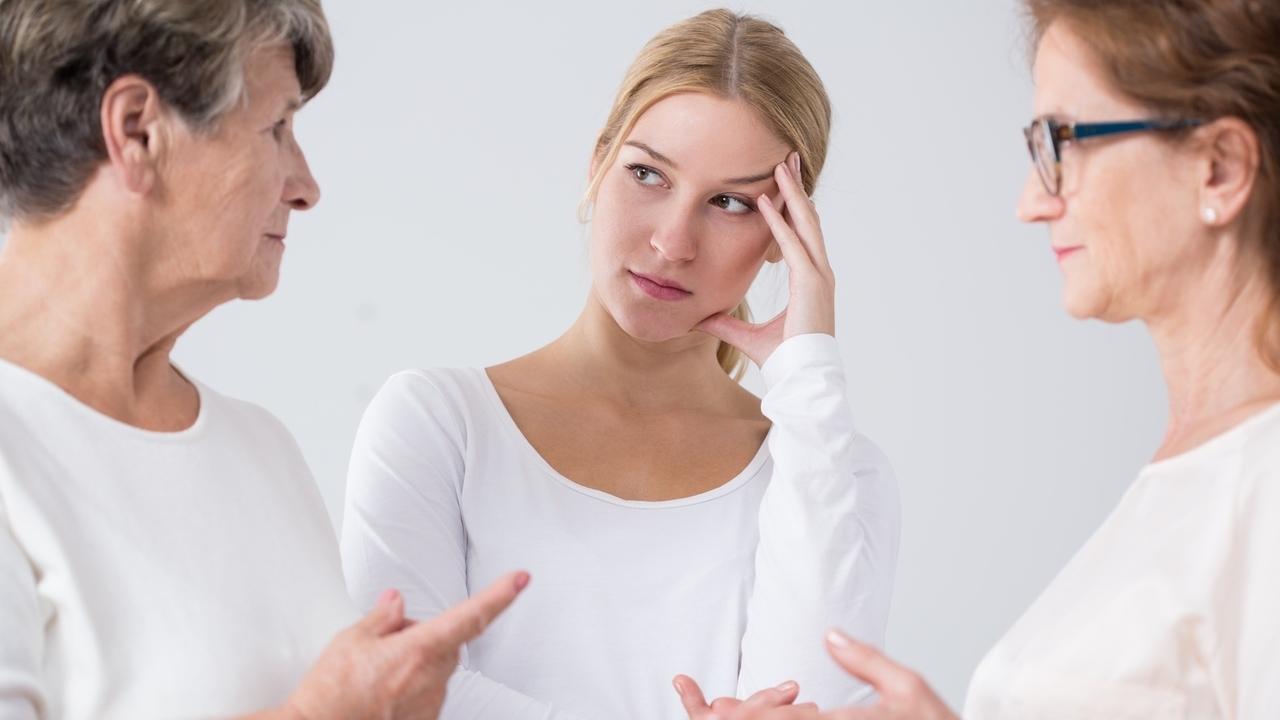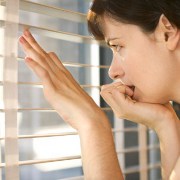Agoraphobia is a type of anxiety disorder that is linked to fear. Individuals who have agoraphobia generally have fear of being in a place where they do not feel safe. Individuals with agoraphobia usually avoid places where they feel they may develop a panic attack. In general, most public places are avoided because of the irresistible fear that they may not be able to seek help. The majority of these individuals remain trapped in their homes, where they feel safe and live a life of seclusion.
The typical symptoms of agoraphobia include extreme fear of being alone, fear of being in a crowded places, fear of losing control in a public place, feelings of insecurity when leaving the home, a dreadful sense of helplessness when outside the home, extreme dependence on others and a feeling that the body is imaginary. The physical symptoms are similar to a panic attack and may include dizziness, fast heart rate, difficulty breathing, nausea, flushing, chest pain, feeling a loss of control, difficulty swallowing and stomach upset.
Some experts believe that agoraphobia is simply an extension of panic disorder. However, not all individuals with a panic disorder develop agoraphobia.
Agoraphobia usually starts in late adolescence and peaks in the second or third decade of life. It is estimated that nearly 1-5 percent of individuals develop some degree of agoraphobia during their lifetime. The disorder tends to affect women more than men. Like most mental disorders, the exact cause of agoraphobia is a mystery. Rick factors for agoraphobia include having a diagnosis of panic disorder, having experienced physical, sexual or emotional abuse during childhood, tendency of being edgy or anxious, having a history of alcohol/substance abuse, and being a female.
While agoraphobia is not life threatening, it can severely limit one’s lifestyle. Without treatment, many people are not able to leave their home. These individuals become entirely dependent on others for food, money or any other type of daily living activity. With time, depression and anxiety set in and many of these individuals turn to alcohol/substance abuse to help cope with the loneliness, seclusion and shame.
The treatment of agoraphobia is taxing and usually means facing one’s fears. The basic treatments include medications and psychotherapy. Current medications used to treat these individuals include SSRIs like Paxil, Zoloft or Prozac. Additional medications may include an anti-anxiety medication like Xanax or Clonazepam. Drug treatment alone is seldom sufficient for control of agoraphobia and several types of psychotherapy may help. Cognitive behavior therapy helps change detrimental behaviors through desensitization. One also learns methods to cope with symptoms via relaxation techniques. For those who are afraid to leave the home to visit a psychotherapist, one can arrange treatment sessions at home or in a safe neighborhood. Of course, this also adds to the expense and more importantly, psychotherapy is not cheap.
Self-care remedies that may help cope with agoraphobia include learning reassuring skills, practicing relaxation techniques, and not avoiding feared spaces. There are many online support groups where one can reach out for help.
The overall prognosis of individuals with agoraphobia depends on the severity of symptoms. If medications are discontinued, relapse is common. Transient improvements do occur but overall most individuals lead a poor quality of life.






Add a CommentComments
There are no comments yet. Be the first one and get the conversation started!